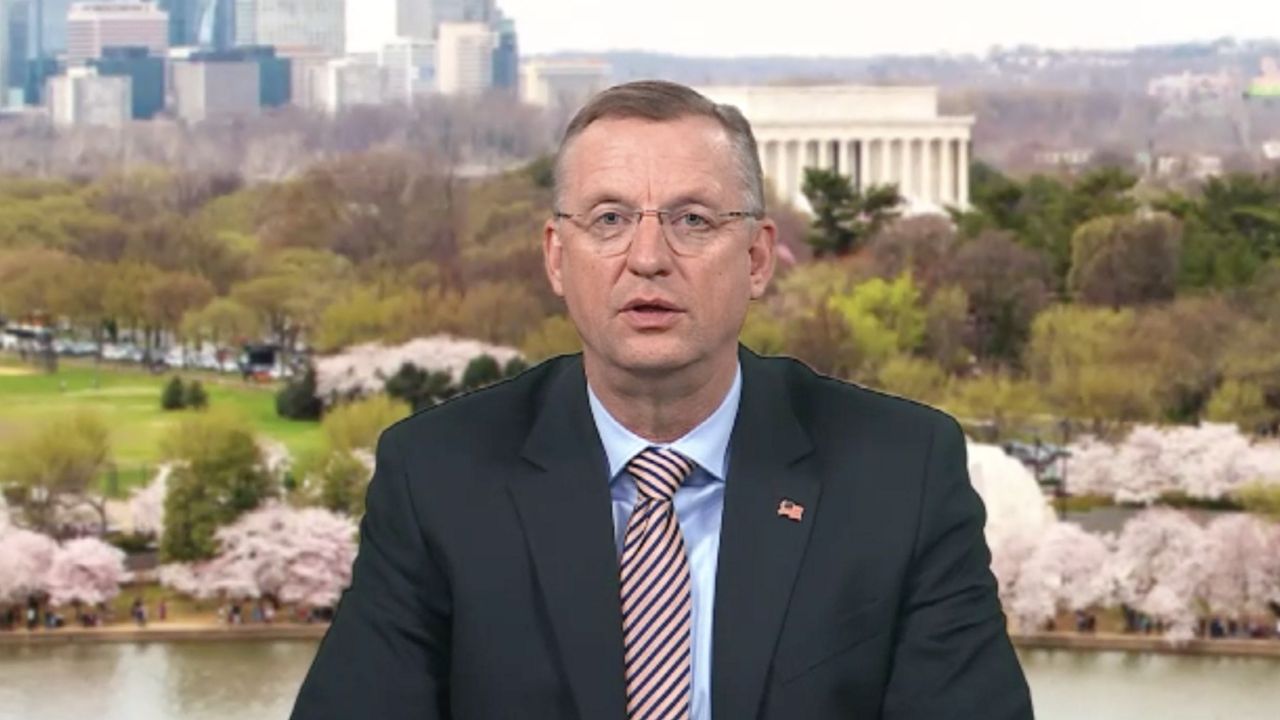The Biden administration is planning to hold a Conference on Hunger, Nutrition, and Health conference aimed at working to end hunger in September.
This would be the first time in more than 50 years the White House has held a conference to address this issue.
The last conference was held in 1969 during the Nixon administration.
The Biden administration wants to coordinate with leaders in both public and private sectors to drive "transformative change to end hunger -- close disparities surrounding them."
The White House aims to improve food access and affordability, empower people to make healthy food choices and enhance food security research in areas experiencing destitution.
“I’ll be convening the White House Conference with hunger, nutrition, and health to bring together anti-hunger and nutrition advocates, food companies, local state governments, tribal and territory committees to lay out our plan to combat hunger and improve nutrition for every American,” Biden said in a video statement about the upcoming hunger conference.
The meeting comes as rampant inflation has strained the food budgets of many Americans nationwide. Grocery store prices rose 12.2% compared to a year ago, according to the Consumer Price Index.
Since June, the White House has held biweekly meetings to address the hunger crisis, leading up to its Conference on Hunger in September.
Rep. Jim McGovern, D-Mass., was among four lawmakers the White House says urged them to hold the conference. The Biden administration's goal is to end hunger in America by 2030.
On Wednesday morning, Rep. McGovern talked about the effort during a visit to the Belmont A.M.E. Zion Church in Worcester. He says that this time they are trying to get input from a more diverse group of people.
“The problem with that conference, when I look back on it, as good as it was, everybody, most of the people there looked like me. There wasn't a representation of the diversity of this country. There weren't people who had lived experiences, telling legislators and lawmakers and policymakers what works and what doesn't work," Rep. McGovern said.
The need for food assistance has exploded in the last 20 years. In 2020, about 38 million Americans were food insecure, which means people don't have consistent, adequate access to enough food to live a healthy life, according to FeedAmerica.org.
"Families are also now dealing with dramatically higher food prices," Dr. Eugene Cho, the President and CEO of Bread for the World group said. "Churches and charities can't tackle the nation's hunger crisis alone."
“I want to explain to people some of the real challenges that we've experienced in our nation and around the world, we've gone through an unprecedented global pandemic that has killed so many people and impacted businesses and incomes.”
Cho mentioned the rising costs of food and attributed food implications to the conflict in Ukraine and Russia and around the world.
The WIC program, which supplements the dietary needs of low-income women, infants, and children, was born as a result of the 1969 conference on hunger.
McGovern says it's not out of the question that efforts of that scale may also come to fruition after next month's summit.









